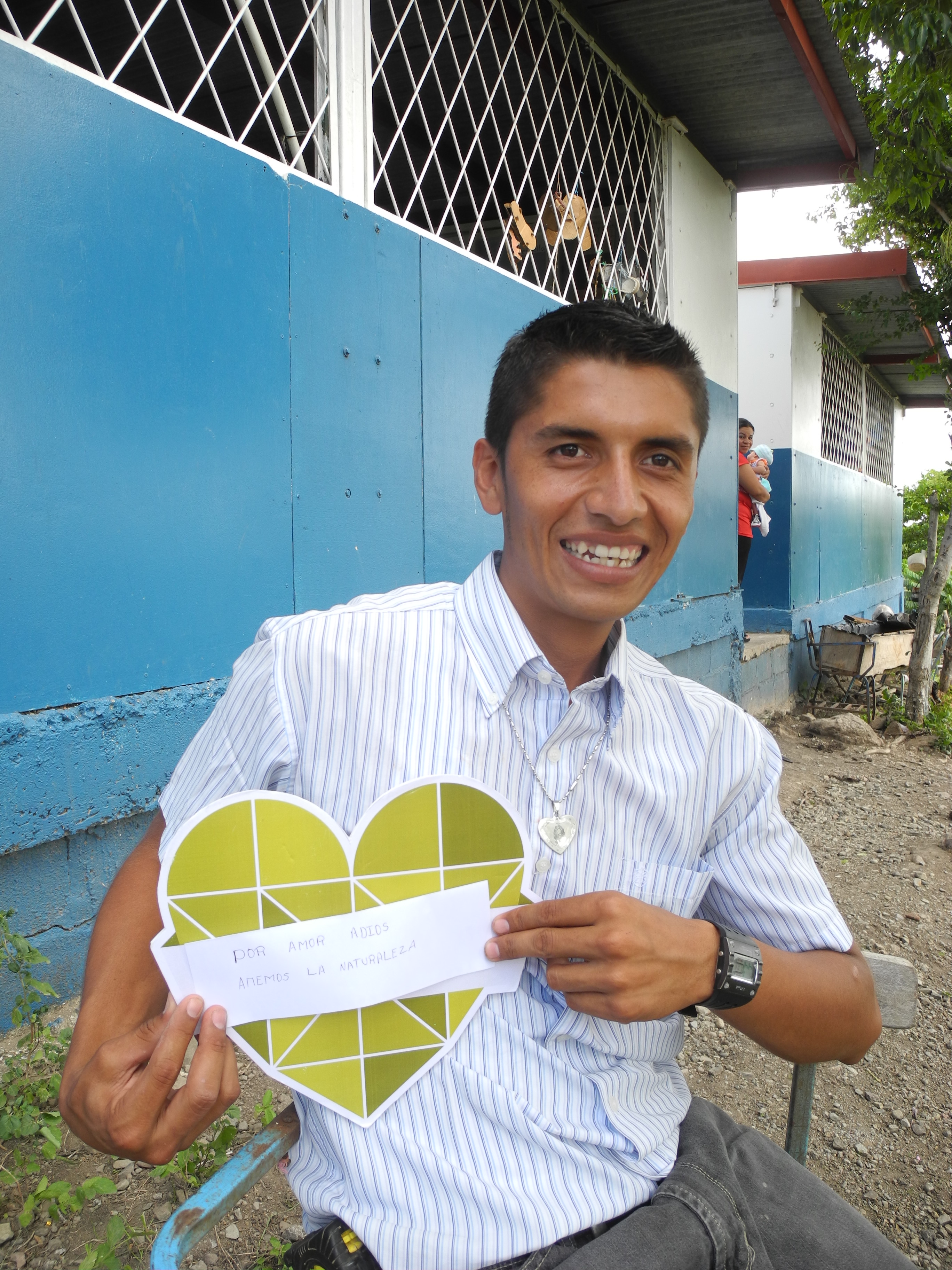Forging peace in South Sudan
January 23, 2015
By John Ashworth, adviser to the Sudan and South Sudan churches
South Sudan sank into civil war in December 2013, less than three years after gaining independence. This latest civil war is often described as a political power struggle which soon morphed into ethnic conflict.
However, it might be more accurate to say ‘revenge-driven’ rather than ‘ethnic’. The lack of a reconciliation process to address the hurts of earlier conflicts has only exacerbated the thirst for revenge. The peace talks led by the regional grouping IGAD in Ethiopia’s capital Addis are attempting to address the political component; but who will address the cycle of revenge?

‘People to People’ – bringing communities together
In the 1990s, during an earlier conflict which also exhibited ethnic revenge dynamics, the churches created an innovative People to People Peace Process which brought warring communities together again. Aid agencies such as CAFOD played a major role as partners in supporting the original People to People Peace process, working with and through the Church at the grassroots to build peace at a local level in communities. The lessons learnt from this process can contribute to resolving the current conflict.
Please donate to support vulnerable communities in South Sudan
These days the term ‘People to People’ seems to be bandied about by anyone who wants to raise funds for their own particular peace and reconciliation conference. However, People to People was not primarily about conferences; it was about months and indeed years of patient preparation, mobilisation, awareness-raising, consultation and trust-building on the ground before the high-profile conferences took place. Bringing a few chiefs and elders together for a highly-visible quick-fix conference is not ‘People to People’. Continue reading “Forging peace in South Sudan”
